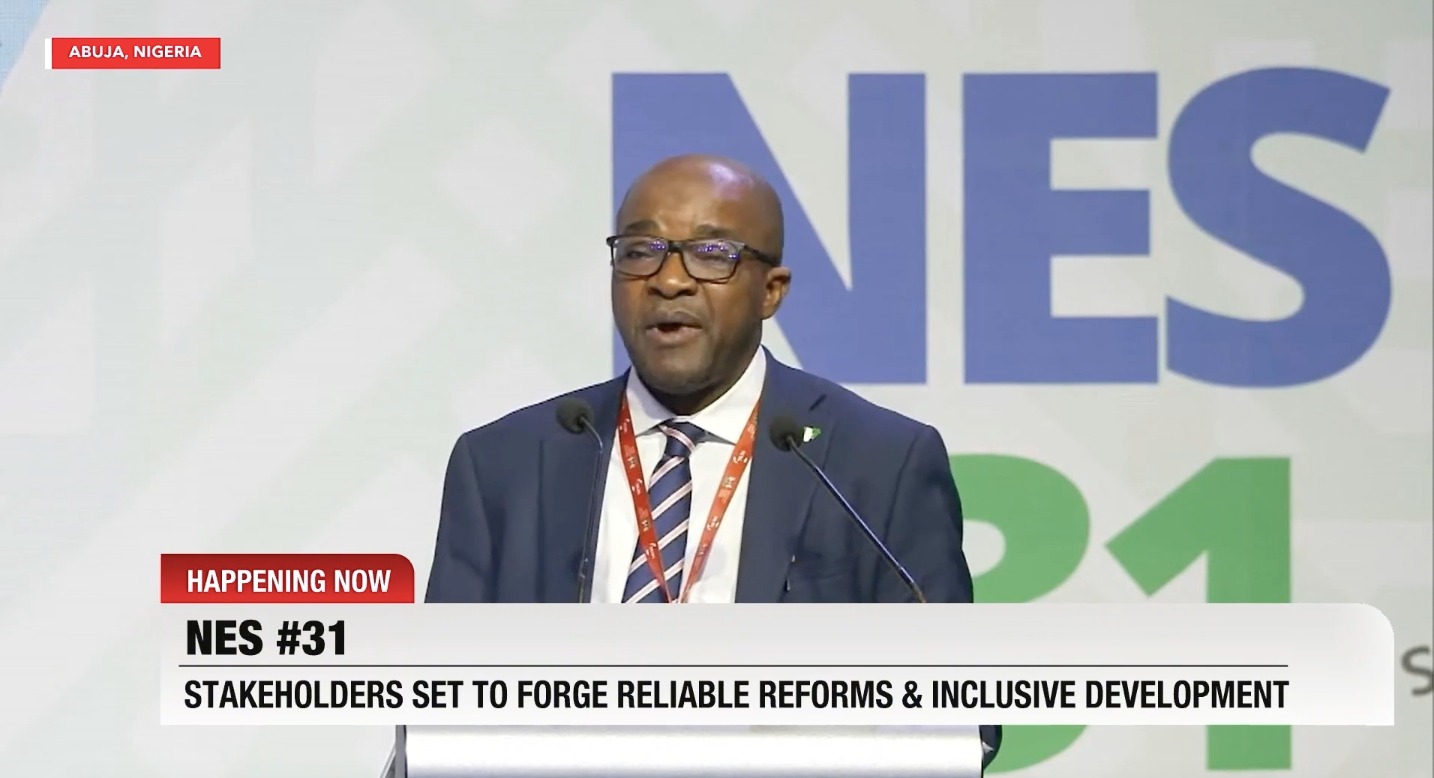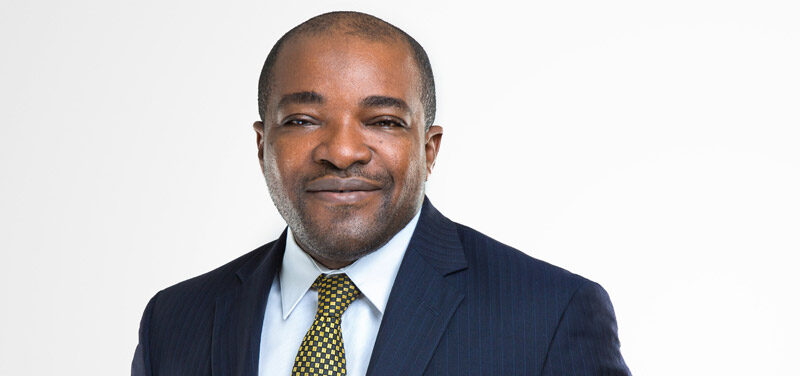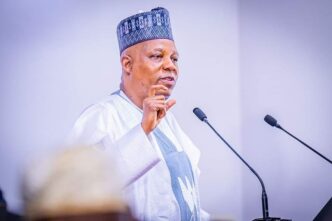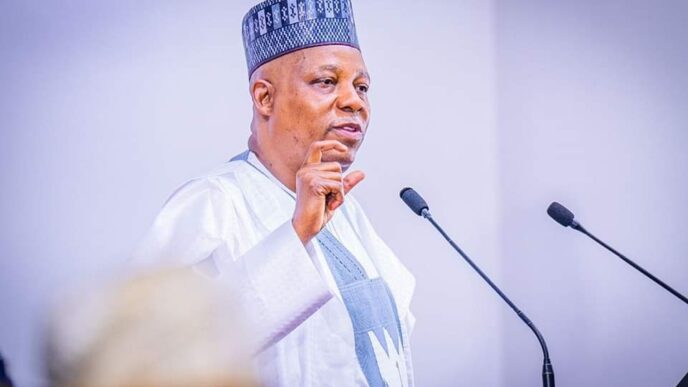Chairman of the Nigerian Economic Summit Group (NESG), Mr. Olaniyi Yusuf, has urged Nigerians to transform bold economic reforms into tangible opportunities that uplift lives, restore investor confidence, and strengthen national institutions.
Delivering his Opening Statement at the 31st Nigerian Economic Summit (NES #31) in Abuja, Mr. Yusuf commended the government’s reform drive but emphasised that the ultimate goal must be inclusive prosperity.
“Reforms must not only stabilise our economy; they must also translate into opportunity and prosperity,” he said. “It is a reminder that reforms must deliver not only growth, but also inclusion; not just numbers, but dignity.”
The NESG Chair described the summit’s theme — “The Reform Imperative: Building a Prosperous and Inclusive Nigeria by 2030” as both a challenge and a call to conscience. He noted that Nigeria is at a decisive turning point, where bold actions must translate into measurable progress.
According to Yusuf, the government’s reforms — including the removal of fuel subsidies, unification of the foreign exchange market, and tax restructuring — demonstrate political courage. However, he acknowledged that “millions of Nigerians are carrying the weight of these changes.”
Citing historical examples, Yusuf pointed to countries such as Japan, China, South Korea, Vietnam, and Brazil, where sustained reforms transformed economies and lifted millions out of poverty. “For Nigeria, this is our moment of renewal — our chance to act with integrity, urgency, and inclusivity,” he said.
Mr. Yusuf presented an analytical overview of the economy, noting moderate growth and persistent inflationary pressures.
“Nigeria recorded 3.4 percent growth in 2024, up from 3.0 percent in 2023, driven by ICT, real estate, and trade,” he explained. “Yet despite growth, per capita income fell sharply, underscoring how inflation and currency depreciation eroded welfare gains.”
He urged consistency in reform to maintain stability, stating, “Stabilisation is not the destination. If we stop here, we risk losing the progress that has been so courageously won.”
Seven Priorities for Economic Consolidation
The NESG outlined seven key priorities to consolidate Nigeria’s economic reforms:
-
Industrialisation and enterprise growth – focusing on MSMEs, agro-processing, and renewable energy.
-
Infrastructure investment – especially power, transport, housing, and broadband connectivity.
-
Investment climate improvement – promoting policy predictability and investor protection.
-
Fiscal sustainability – aligning monetary and fiscal policy with discipline and transparency.
-
Social inclusion – expanding safety nets, education, and healthcare for women and youth.
-
Institutional strengthening – embedding reforms in systems, not personalities.
-
Security – restoring peace to enable productivity and investment.
“Dead businesses don’t employ workers, they don’t pay salaries, and they don’t pay taxes,” Yusuf warned, urging regulators and unions to prioritise economic growth over excessive revenue drives.
Beyond consolidation, Yusuf proposed a shift toward acceleration, driven by structural transformation, human capital, innovation, and global competitiveness.
“With over 70% of Nigerians under 30, our youth are our greatest opportunity — or our greatest risk if neglected,” he said. “Investing in STEM education, healthcare, and vocational skills will unleash their potential.”
He called for Nigeria to embrace green growth and climate finance, invest in research, and enhance security to unlock private investment.

The Five I’s Framework
To achieve these goals, the NESG Chair introduced the Five I’s Framework — Industrialisation, Infrastructure, Investments, Inclusion, and Institutions — as the foundation for Nigeria’s 2026–2030 National Development Plan.
“We must send a clear message: Nigeria is open for investment, and Nigeria will protect, not picket, investors,” Yusuf declared.
Reaffirming the private sector’s critical role, Yusuf said, “The private sector is not merely a beneficiary of reform — it is a co-architect of transformation.”
He called for affordable finance, reliable infrastructure, and clear regulations to unleash private enterprise. “The government must fuel, and not frustrate, enterprise,” he stressed.
A Call to Action
Yusuf ended with a powerful appeal for unity and commitment:
“We must act to rebuild what has been destroyed, to innovate and create that which we don’t have but desire, and to shun prebendalism for a vision of a prosperous and inclusive nation.”
He urged leaders to ensure reforms bring dignity and opportunity to every Nigerian, concluding: “Let us leave not with communiqués, but with commitments — to strengthen institutions, unleash the private sector, protect the vulnerable, and secure a future where every Nigerian can thrive.”


 Trending
Trending 









